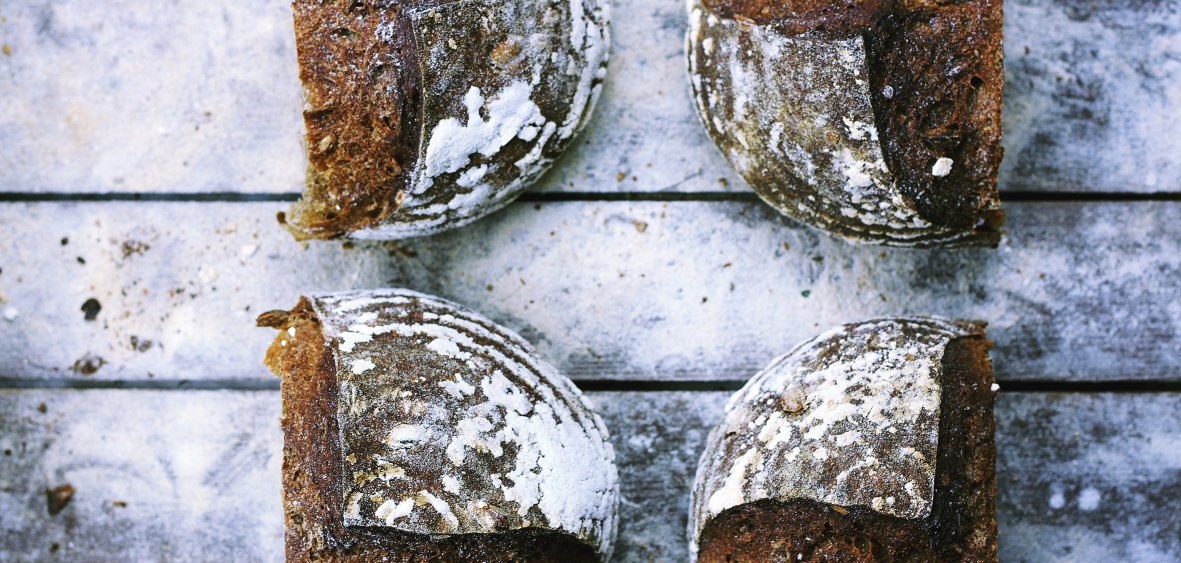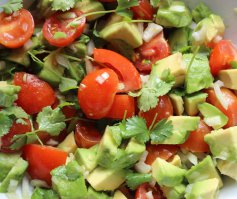 Flour is one of the most basic food products in the world. Admittedly, it is not suitable for consumption, but it is used in the production of countless quantities of dishes - including the simplest and most popular ones, such as bread.
Flour is one of the most basic food products in the world. Admittedly, it is not suitable for consumption, but it is used in the production of countless quantities of dishes - including the simplest and most popular ones, such as bread.
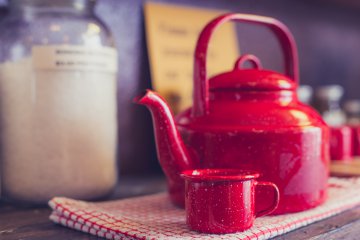
Flour has been known for thousands of years and its production has a great tradition in various regions of the world. It is worth noting, however, that despite such a long tradition, today in our kitchens we use only its basic varieties, for the production of which we use only the commonly occurring grain. Meanwhile, flour can be found in many different varieties, and can be produced from ingredients that few would ever have thought of. It is worth taking an interest in less standard varieties of flour, because they can not only improve the taste of our dishes, but also provide us with many valuable nutrients.
Chestnut flour
Chestnuts have been very popular for a long time, although today they are no longer as common as they were before the war. At the same time, most of us are rather unaware of the fact that they can be used to produce flour. It has a rather specific taste, which makes it unsuitable for all baked goods. It is most often used in confectionery products - various kinds of cakes and other sweets and in pancakes. It can be mixed with other types of flour, which makes it an important addition to some types of bread. It contains many valuable nutrients, such as vitamins and fibre; it is also a rich source of folic acid, essential for pregnant women.
Amaranth flour
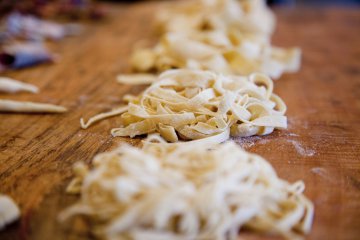
Amarantus is one of the oldest plants cultivated by man, although its popularity in Poland has been growing systematically for only a few years. This plant has a lot of taste and health benefits, which makes it a perfect ingredient in the diet of everyone who cares about their health. Amaranth flour is above all a rich source of protein, which is very important for vegetarians who need to look in their diet for alternatives to animal protein. It is also characterized by a very interesting taste, with a slightly nutty note. This makes it perfect for various confectionery baked goods and, in combination with other flours, it can also be used for baking bread.
Lamb flour
Jaglana flour can sometimes be quite difficult to find in shops, but at the same time we can successfully prepare it at home. All you need to do is buy a regular lamb groats and grind them thoroughly, for example with a coffee mill or blender. Jagiellonian flour has become particularly popular in recent years, when awareness of the dangers of coeliac disease and excessive consumption of products containing large quantities of gluten has increased significantly. It is completely healthy for people suffering from intolerance to this ingredient, so you can include it in your diet without any health consequences. In addition, it offers all the health properties of lamb groats. It regulates blood pressure, strengthens the body's immune system and has a deacidifying effect.
Coconut flour
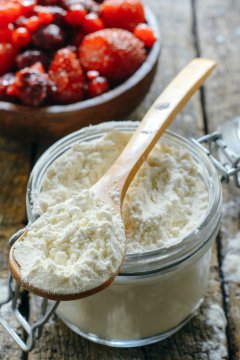
Coconut products have been enjoying growing popularity in our country for a long time. We value above all their taste, which can perfectly enrich the qualities of both confectionery and some meat dishes. At the same time, most of us do not actually associate coconut flour, which is also an interesting ingredient in our diet. Similarly to lamb flour, it does not contain gluten, so it can be recommended for people suffering from coeliac disease.
Coconut flour is also a rich source of fibre, essential for the smooth functioning of our digestive system. Like coconuts themselves, it contains lots of valuable vitamins and ingredients. Contrary to appearances, it can be used not only in confectionery products - although in their case it works perfectly - but also in baking bread. However, it should be remembered that, compared to many other flours, it has a much higher water absorption; this means that some recipes will sometimes have to be modified with coconut flour, for example by adding more water to the dough.
Hemp flour
Hemp flour is known as an excellent source of amino acids, essential for the proper functioning of the human body. This means that it can have a great impact on our health in many different ways. What is more, as well as several of the above mentioned types of flour, it is gluten-free, making it an excellent choice for people suffering from coeliac disease and intolerant to this product. It is a good product for people suffering from hypertension - flour lowers blood pressure and regulates the entire blood system. It also effectively strengthens the immune system, so it can be used prophylactically in the fight against many diseases. It is also a very rich source of many vitamins and minerals. It is definitely worth to take a closer look at it, because few flour has as many extraordinary health properties as this one.
Almond flour
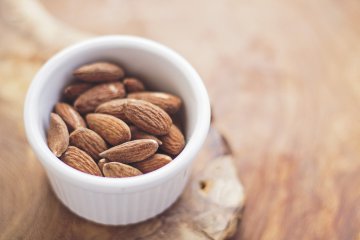 Almond flour is quite often used for bread baking, but not only - it has many interesting applications in our kitchen. In terms of health, this is another alternative for people who prefer a gluten-free diet. Such flour is available in some shops, but you can also do it yourself - just buy almonds and grind them thoroughly. Such flour is a very rich source of healthy carbohydrates, minerals and vitamins.
Almond flour is quite often used for bread baking, but not only - it has many interesting applications in our kitchen. In terms of health, this is another alternative for people who prefer a gluten-free diet. Such flour is available in some shops, but you can also do it yourself - just buy almonds and grind them thoroughly. Such flour is a very rich source of healthy carbohydrates, minerals and vitamins.
Teff flour
Teff is a type of grain; the plant is mainly found in African Abyssinia. This plant is quite exotic for us, but it is perfect for making healthy and very tasty flour. Above all, it is very nutritious, because it contains a lot of valuable protein. There is also a lot of fiber, which gives a feeling of satiety and has a great influence on our digestive system. Teff flour is another proposal for people who care about gluten-free diet.

